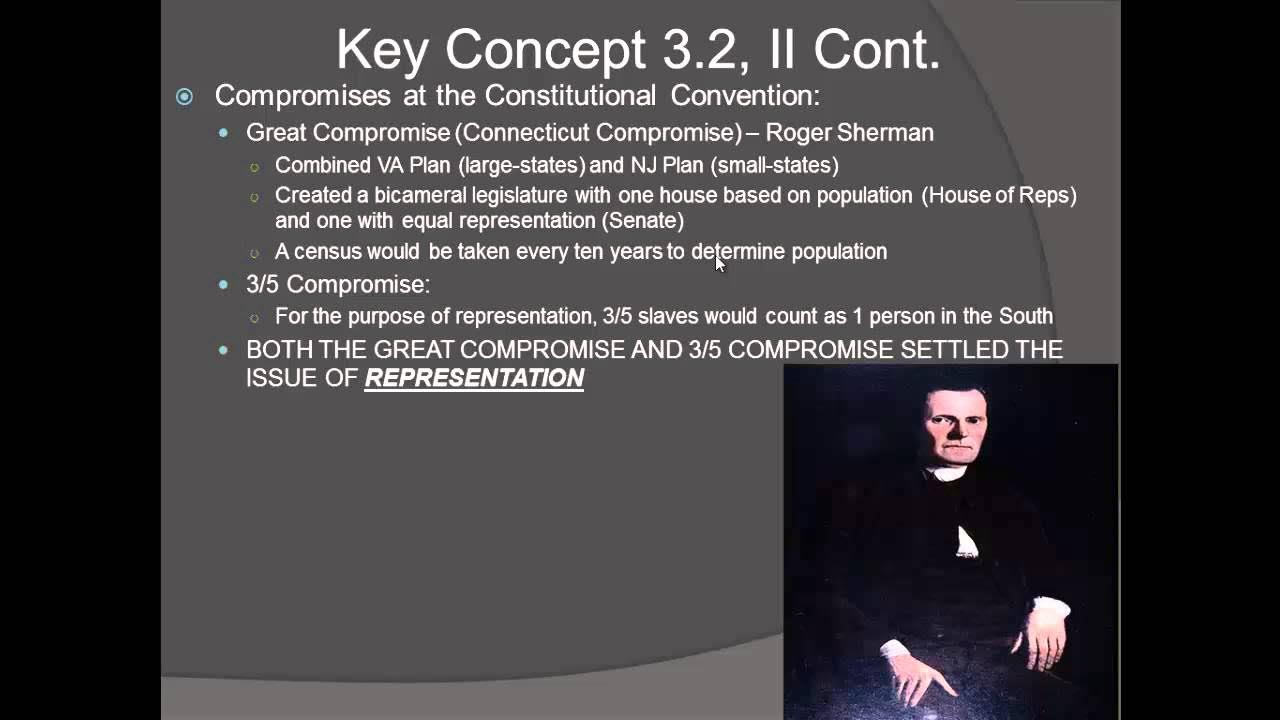Revolusi Perancis : Revolusi Besar Dunia dan Pengaruhnya Terhadap Umat Manusia
Summary
TLDRThe video discusses key factors behind the French Revolution, highlighting the role of intellectuals like John Locke, Montesquieu, and Jean-Jacques Rousseau in shaping public views on sovereignty and governance. It covers the feudal system, the financial crisis under Louis XVI, and the social unrest that led to the storming of the Bastille. The script also touches on the Declaration of the Rights of Man and how the revolution transformed France into a republic. Key themes include freedom, equality, and the eventual execution of Louis XVI and Marie Antoinette.
Takeaways
- 📚 The French Revolution was influenced by philosophers, artists, and intellectuals, notably through the works of John Locke, Montesquieu, and Jean-Jacques Rousseau.
- 💡 John Locke's 'Two Treatises of Government' emphasized the concept of people's sovereignty.
- ⚖️ Montesquieu's 'The Spirit of the Laws' advocated for the system of checks and balances through the division of power, known as trias politica.
- 🖋️ Rousseau's 'The Social Contract' promoted ideas of human freedom and the natural rights of man.
- ⚔️ France supported the American Revolution by sending troops led by Lafayette, introducing the French to concepts of liberty and democracy.
- 🏛️ French society was divided into three classes: nobles, clergy, and commoners. The nobles and clergy had special privileges, including exemption from taxes.
- 💸 Excessive royal spending and financial mismanagement led to a national financial crisis in 1789, pushing the monarchy to attempt taxing the previously exempt nobility.
- 👑 The concept of absolute monarchy in France reached its peak with King Louis XIV, who centralized power, but it faced criticism and collapse under King Louis XVI.
- ⚔️ The storming of the Bastille on July 14, 1789, marked the beginning of the French Revolution, as it symbolized resistance against tyranny.
- 📝 On August 4, 1789, nobles and clergy joined the National Assembly and renounced their privileges, leading to the Declaration of the Rights of Man and Citizen, emphasizing equality, freedom, and legal rights.
Q & A
What were some of the key factors that led to the French Revolution?
-The French Revolution was driven by several factors, including the influence of Enlightenment thinkers like John Locke, Montesquieu, and Jean-Jacques Rousseau, as well as growing discontent with the feudal system, economic crises, and absolute monarchy.
What philosophical ideas influenced the French Revolution?
-Key philosophical ideas included John Locke's views on popular sovereignty, Montesquieu's advocacy for the separation of powers (trias politica), and Rousseau's concept of the social contract, which emphasized human freedom and equality.
How did the American Revolution impact the French Revolution?
-France's involvement in the American Revolution exposed French soldiers to new ideas of freedom and democracy. The Declaration of Independence, which emphasized human rights, also influenced French society and added momentum to the revolutionary cause.
What was the role of the French nobility and clergy in society before the Revolution?
-Before the Revolution, the nobility and clergy enjoyed privileged status, including exemption from taxes and control over lands. These privileges were major sources of resentment among the common people, contributing to the revolutionary movement.
What financial crisis contributed to the outbreak of the French Revolution?
-France faced a severe financial crisis due to the extravagant spending of King Louis XVI and his predecessors, particularly on luxurious lifestyles. By 1789, the national treasury was depleted, and attempts to tax the nobility and clergy failed, leading to widespread unrest.
What led to the storming of the Bastille on July 14, 1789?
-The storming of the Bastille was driven by rumors that King Louis XVI was gathering troops to suppress the people of Paris. The citizens, fearing for their safety, attacked the Bastille to seize weapons. This event marked the beginning of the French Revolution.
What was the Estates-General, and why did it fail to resolve the crisis?
-The Estates-General was a legislative assembly representing the three estates (clergy, nobility, and commoners). It failed to resolve the crisis due to disagreements over voting procedures: the nobility and clergy wanted to vote by estate, while the commoners demanded individual voting, leading to a deadlock.
What was the significance of the National Assembly formed in 1789?
-The National Assembly, formed by members of the Third Estate (commoners), aimed to create a constitution for France and challenge the king's authority. It marked a shift from absolute monarchy to constitutional governance, becoming a key institution in the revolution.
What were the outcomes of the Declaration of the Rights of Man and Citizen?
-The Declaration of the Rights of Man and Citizen, adopted in August 1789, asserted fundamental rights such as freedom of speech, the right to private property, legal equality, and personal security. It became a cornerstone of the new French Republic.
What changes did the French Revolution bring to France's political system?
-The French Revolution led to the abolition of the feudal system, the establishment of the first French Republic, and the rise of democratic and liberal ideologies. It also resulted in the execution of King Louis XVI and the decline of absolute monarchy.
Outlines

This section is available to paid users only. Please upgrade to access this part.
Upgrade NowMindmap

This section is available to paid users only. Please upgrade to access this part.
Upgrade NowKeywords

This section is available to paid users only. Please upgrade to access this part.
Upgrade NowHighlights

This section is available to paid users only. Please upgrade to access this part.
Upgrade NowTranscripts

This section is available to paid users only. Please upgrade to access this part.
Upgrade NowBrowse More Related Video

Iluminismo Rousseau Resumo

APUSH Review: Key Concept 3.2 (Period 3)

Locke vs Rousseau (Social Contract Philosophers Compared)

Contrato Social - Hobbes, Locke e Rousseau | FILOSOFIA

PHILOSOPHICAL Foundations of the American Revolution [APUSH Review Unit 3 Topic 4 (3.4)] Period 3

Intro to Philosophy (SHS)- The Human Person in Society (Part 1)
5.0 / 5 (0 votes)